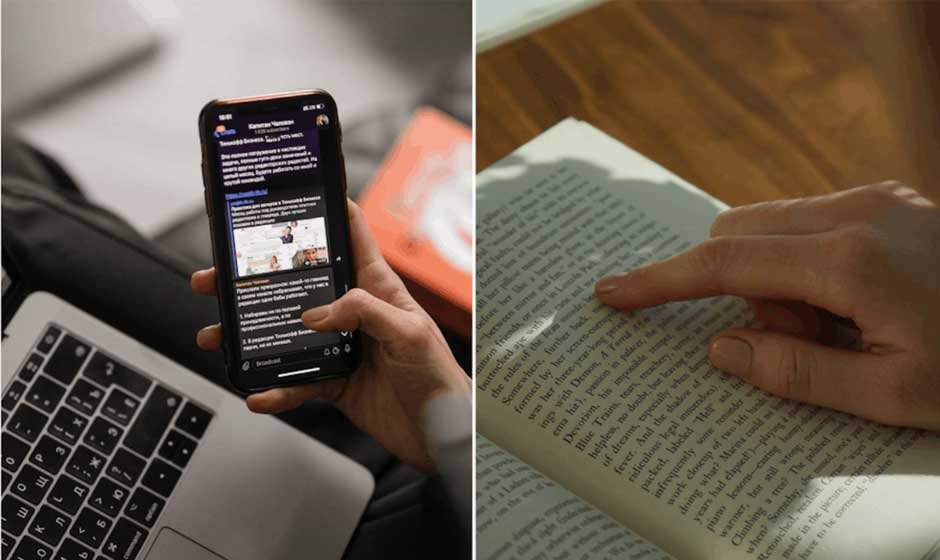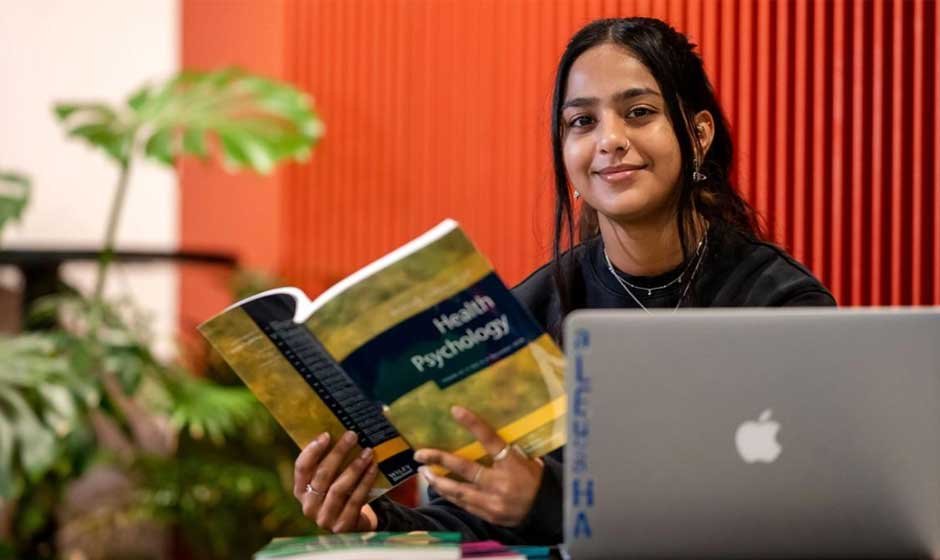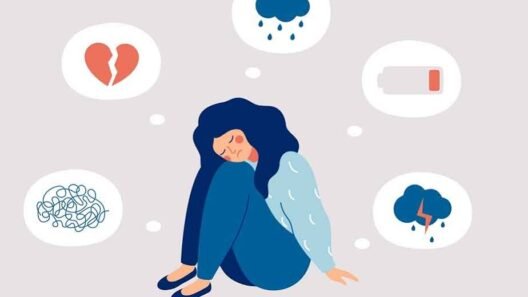It’s 2 a.m. You’ve stared at the ceiling for hours. Your chest is tight. Your thoughts are on loop, echoing louder with every cycle. The news is heavy. Your phone’s glow? Not helping. And then—there’s a book on your nightstand. You open it, just to distract yourself. Five pages later, something happens. Not magic. Not a miracle. But shift. You’re not you for a moment. You’re someone else, somewhere else, and the pain—though still there—is muffled.
Reading isn’t a cure-all. But for many, it’s a lifeline.
The Science Behind the Escape
You might ask: Isn’t reading just a passive hobby? Not quite. The impact of reading on mental health has been studied repeatedly—and the results are compelling.
According to a report, reading for as little as six minutes can reduce stress by up to 68%—outpacing music, walking, or even drinking tea. Reading slows heart rates and eases muscle tension. It doesn’t numb you, like scrolling might. It is soothing.
Clinical psychologist Dr. David Lewis called reading “more than a mere distraction”—it’s an active engagement of imagination, forcing your mind to focus, reorder itself, and slow down.
Anxiety tends to scatter attention. Reading pulls it back.
Depression flattens everything. Books provide texture again—emotion, conflict, humor, unpredictability. A reason to care about something, even fictionally.
The Advantages of Reading Go Far Beyond Relaxation
Sure, reading calms the nervous system. But that’s not the whole picture. The advantages of reading stretch deeper into the emotional, cognitive, and even social layers of the psyche.
- Empathy boost: Fiction readers, especially literary fiction, are more skilled at understanding others’ emotions, according to research published in Science journal. You literally practice empathy by walking in someone else’s shoes—page by page.
- Cognitive stimulation: Reading activates multiple brain areas—language, memory, imagination, and emotion. This mental “gymnastics” can slow cognitive decline and sharpen your sense of nuance.
- Emotional validation: There’s comfort in seeing your struggle mirrored. The quiet moment when a character in a book gets it—really gets it—can be a balm more potent than platitudes from well-meaning friends.
If you feel like reading but don’t have a book at hand, just install a reading app. For example, FictionMe has a lot of unique and popular stories on different topics. Having FictionMe is like having a lot of virtual worlds right in your pocket.
Bibliotherapy: Not Just a Trend, But a Practice
Ever heard of bibliotherapy? It’s a legitimate, growing field where trained professionals use literature as a therapeutic tool. Not metaphorically—literally. Bibliotherapists recommend specific books tailored to emotional states.
While bibliotherapy hasn’t replaced traditional methods like cognitive behavioral therapy or medication, it complements them. In fact, the UK’s National Health Service has included books on prescription lists for mental health since 2013.
For those wary of therapy or exhausted by meds, reading can feel like a first step. A gentle one. A private one. And sometimes that’s all you need to begin healing.
Books to Deal with Depression and Anxiety: Not All Are Bleak
Depression doesn’t always want to read about depression. That’s key. Sometimes, you need characters who’ve suffered. Other times, you just need a world where magic is real, or humor matters, or a happy ending doesn’t feel impossible. Here’s a diverse sample:
- “The Bell Jar” by Sylvia Plath – haunting, poetic, raw. For when you need to feel seen.
- “Reasons to Stay Alive” by Matt Haig – part memoir, part meditation, deeply personal yet universally relevant.
- “Hyperbole and a Half” by Allie Brosh – graphic novel-meets-essay, absurd and hilarious yet brutally honest about mental illness.
- “The Midnight Library” by Matt Haig – a novel that explores regret, choice, and the value of small moments.
- “Eleanor Oliphant Is Completely Fine” by Gail Honeyman – loneliness meets connection in a story that’s both funny and moving.
- Fantasy or Sci-fi picks: The Hobbit, Harry Potter, The Night Circus — not about depression, but ideal for escaping it.
Sometimes the best book is the one that takes you farthest from yourself. In this regard, you have to go a certain way to find such a book. And the easiest way to do this is to download FictionMe on Android or iPhone. We are different, so having a large selection of novels will be very useful.
Reading vs. Doomscrolling: A Comparison Worth Noting
Modern life offers endless distractions—Instagram reels, comment wars, breaking news that breaks you. But how does that stack up against reading?
| Activity | Mental Impact |
| Doomscrolling | Increases cortisol, triggers anxiety cycles |
| Watching TV | Passive, less cognitive stimulation |
| Listening to music | Can calm, but doesn’t challenge brain as much |
| Reading a book | Reduces stress, enhances focus, builds empathy |
Don’t just take it from studies. Try it. A week without social feeds, replaced with 30 minutes of reading daily. Your brain might breathe again.

Tips to Make Reading a Habit (Even When You’re Low)
Anxiety makes it hard to sit still. Depression makes it hard to care. So don’t aim for “finishing a novel.” Start micro.
- Read short stories – Alice Munro, Etgar Keret, or George Saunders.
- Use audiobooks – great for when energy is low or eyes are tired.
- Reread a favorite – comfort in the familiar. You don’t have to impress anyone.
- Create a “reading nest” – blanket, warm drink, zero guilt.
- Set zero expectations – 5 pages is enough. Even 1.
This isn’t homework. It’s self-preservation.
Final Chapter: Words as Shelter
You are not the first to feel what you’re feeling. But you are unique in how it lives inside you. That’s the quiet miracle of books—they honor both things. Your pain, and the universality of it. Your aloneness, and its connection to something bigger.
Reading won’t replace therapy. It won’t erase trauma. But it might make it bearable. Might give you breath when you’re winded. Might place you, gently, somewhere else—just long enough to return to yourself a little less afraid.
In a world that screams constantly, books whisper. And sometimes, whispering is exactly what you need.













